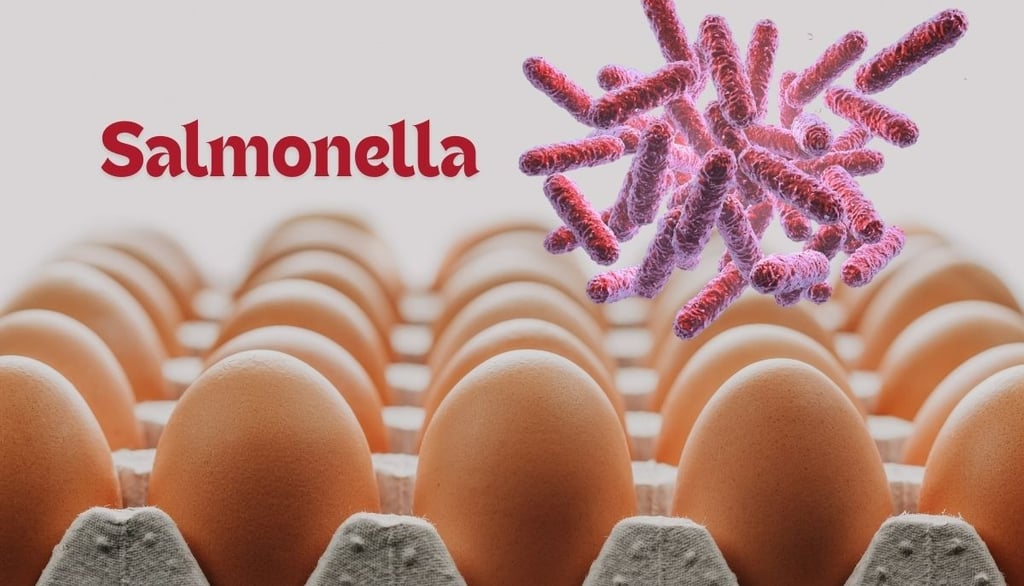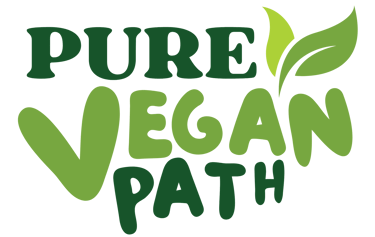Are Eggs the Biggest Salmonella Risk? What About Plant-Based Foods?
Learn why eggs are prone to Salmonella contamination, explore safety tips, and discover whether vegan products are safer alternatives.
11/29/20243 min read


Understanding Salmonella and Its Presence in Eggs
Salmonella is a bacteria responsible for over a million cases of foodborne illness annually in the United States. Due to their unique production process, eggs are a common source of contamination. Chickens infected with Salmonella can pass the bacteria directly into their eggs, making it essential to handle and cook eggs properly to reduce risk.
Outbreaks linked to eggs have garnered significant attention, with one notable incident in 2010 resulting in the recall of over 500 million eggs. Despite stringent regulations, contamination can occur at any stage, from farm to table, highlighting the importance of proper handling and storage techniques.
Why Are Eggs High-Risk for Salmonella?
Several factors contribute to the prevalence of Salmonella in eggs:
Direct Contamination: Salmonella can be transmitted from infected hens to eggs internally.
External Contamination: Eggs can become contaminated with feces or unsanitary equipment.
Temperature Sensitivity: The bacteria thrive at room temperature, making refrigeration crucial to inhibit bacterial growth.
Safety Measures for Handling Eggs
To minimize the risk of Salmonella infection, follow these guidelines:
Purchase Pasteurized Eggs: These undergo a heating process that kills bacteria without cooking the egg.
Store Eggs Properly: Keep eggs refrigerated at 40°F (4°C) or below.
Cook Thoroughly: Ensure both the yolk and white are firm. Dishes containing eggs should reach an internal temperature of 160°F (71°C).
Avoid Cross-Contamination: Wash hands, utensils, and surfaces that come into contact with raw eggs
Read more: Can Gluten Cause Joint Pain? Key Insights and Solutions


Understanding Salmonella and Its Symptoms
Salmonella is a group of bacteria that can cause a foodborne illness, known as salmonellosis, when ingested. It often contaminates food products like raw or undercooked eggs, meat, poultry, and sometimes fruits and vegetables. Once ingested, the bacteria can trigger symptoms including:
Fever
Diarrhea (which may be bloody)
Nausea and vomiting
Abdominal pain and cramping
Symptoms typically appear 6 hours to 6 days after consuming contaminated food and can last 4 to 7 days. While most people recover without treatment, severe cases, particularly in young children, the elderly, and immunocompromised individuals, may require medical intervention, such as hospitalization for dehydration or systemic infections.
Costco Egg Recall: Latest Updates
Over 10,000 cartons of organic, pasture-raised eggs sold under the Kirkland Signature brand have been recalled due to potential Salmonella contamination. The eggs, supplied by Handsome Brook Farms, were distributed to 25 Costco locations in Alabama, Georgia, North Carolina, South Carolina, and Tennessee, starting on November 22, 2024. The recalled cartons bear the numbers 327 and P1363, with a "use by" date of January 5, 2025.
No illnesses have been reported so far, but consumers are urged to return the eggs to Costco for a full refund or dispose of them. This proactive recall aims to mitigate any risk of salmonellosis from contaminated eggs.
Read more: Organic vs. Non-Organic Food


Are Vegan Products Safer Alternatives?
Vegan products, by definition, do not contain animal-derived ingredients and are thus free from risks associated with animal-borne pathogens like Salmonella. However, vegan foods are not immune to contamination. The primary concerns for vegan products include:
Contaminated Produce: Fruits and vegetables can carry harmful bacteria if not properly washed.
Cross-Contamination: Vegan items can be tainted through shared equipment in processing facilities.
Despite these risks, proper handling, cooking, and storage practices can mitigate concerns. Notably, vegan alternatives like plant-based egg substitutes and dairy-free products have no inherent risk of Salmonella.
Comparing the Risks: Eggs vs. Vegan Products
Eggs: High risk due to potential internal and external contamination by Salmonella.
Vegan Products: Lower risk of Salmonella but still vulnerable to other forms of contamination.
The key takeaway is that while vegan products generally pose a lower risk for Salmonella, maintaining safe food practices is essential across all diets.
Conclusion: Choosing Safe, Healthy Options
Understanding the risks associated with eggs and the relative safety of vegan products can guide better food choices. Whether consuming eggs or exploring plant-based options, diligent handling, proper cooking, and informed purchasing are critical for reducing foodborne illness risks.
Pure Vegan Path
Explore plant-based living and delicious recipes.
Contact
Newsletter
info@pureveganpath.com
123-456-7890
© 2024. All rights reserved.
